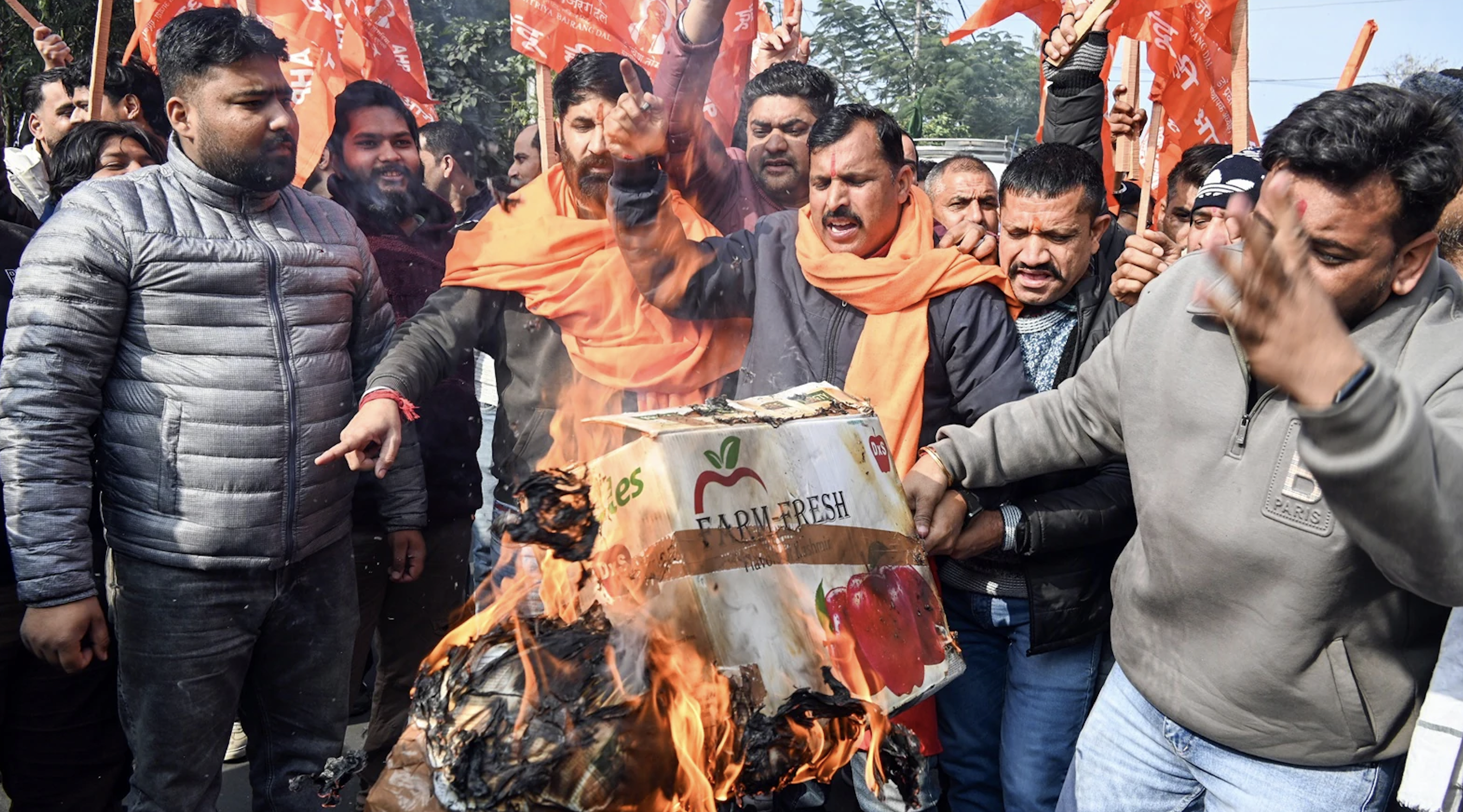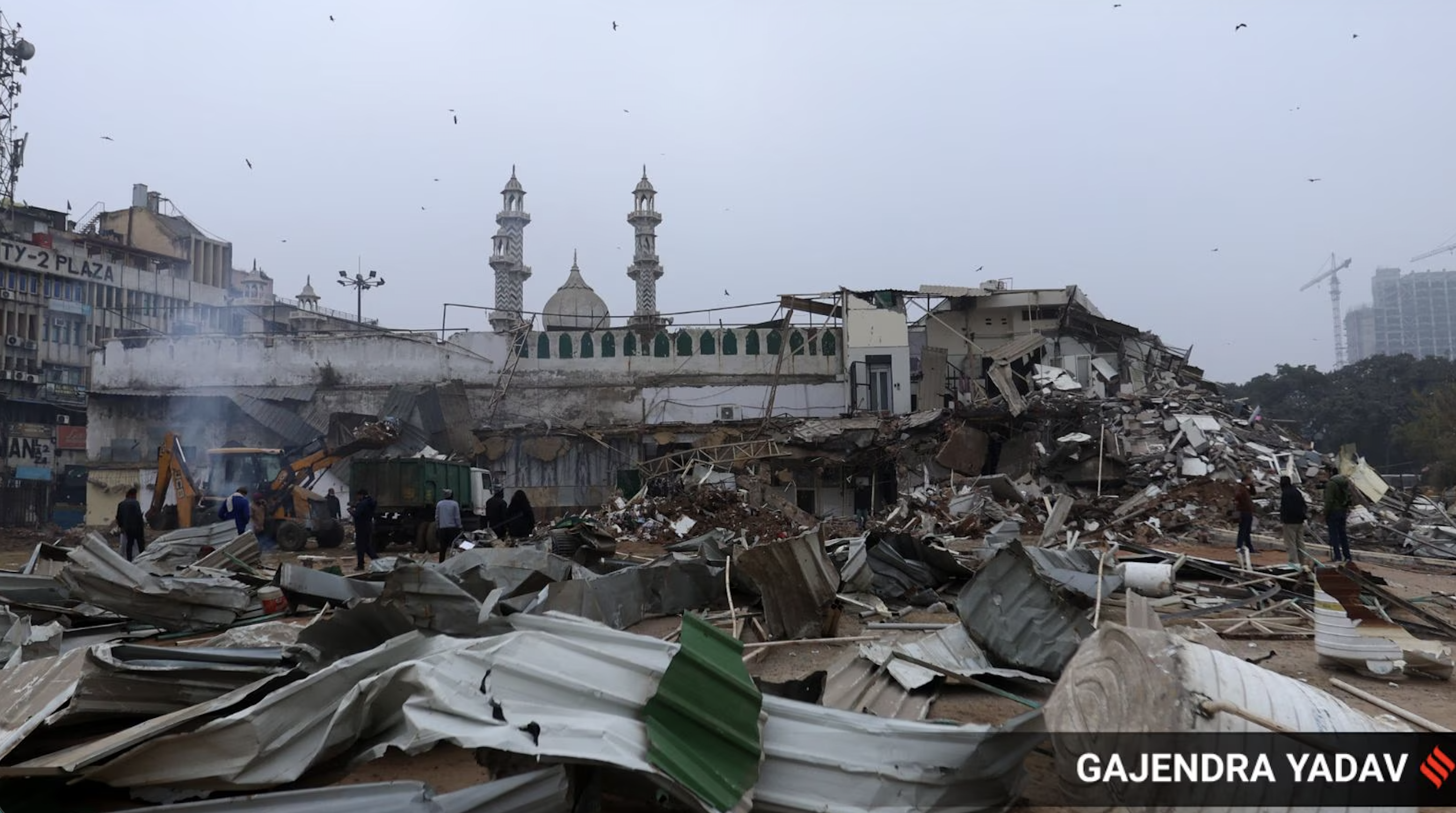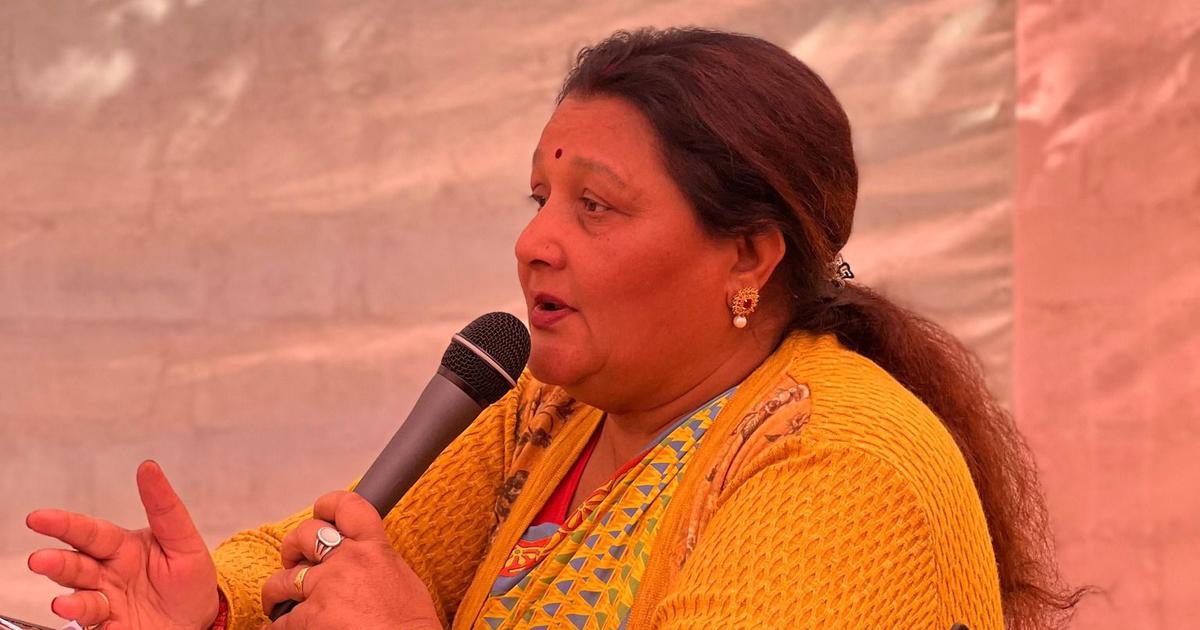
Concern is growing among Catholic activists in India over repeated incidents of mob lynching in the eastern state of Jharkhand, which has a sizable tribal Christian population.
The latest case was reported on May 6 when Shamim Ansari, a 45-year-old Muslim man who headed a village forest protection committee in Gumla district, was killed by a group of men for trying to stop them illegally felling trees.
Joy Fredric Baxla, a Catholic lay leader and activist in Gumla, said: We all are affected, including the Church, as communal harmony is disturbed. Being part of the society, anything happening in the area will cause fear, misunderstanding and distrust among the minorities.
Baxla told UCA News on May 10 that most of the local economy and business establishments were run by so-called elites who exercised tight control over the area to avoid any challenge from weaker sections like the tribal and minority communities.
Without their permission or nod, nobody can do any kind of business. Incidents of mob lynching are part of the game plan to let tribal Catholics and Muslims know they cannot question the elites, he said.
Meanwhile, four suspects, believed to be involved in the illegal timber trade, were arrested by Bharno police, media reports said while mentioning that this was the second such incident of mob lynching in the state in four months.
Gumla is a laboratory for the RSS and Bajrang Dal because Christians run several social and educational initiatives in the district. When these groups can’t match the missionaries’ work, they try to disturb it
A 32-year-old man suspected of timber theft was stoned to death and his body set on fire in Simdega district on Jan. 4, barely a fortnight after Jharkhand State Assembly passed the Prevention of Mob Violence and Mob Lynching Bill, 2021.
The law seems to be ineffective, according to Catholic activists who are worried about the implications for minority communities.
We passed the law last December but incidents of mob lynching continue to occur, which is a matter of concern, said Ratan Tirkey, a former member of the Jharkhand government’s tribal advisory committee.
Tirkey, who is a tribal Catholic, told UCA News that the incidents could be part of a conspiracy in a tribal-dominated area like Gumla where Christians form a significant minority making up nearly 20 percent of the district’s 1,025,213 population as per the 2011 census.
Rashtriya Swayamsevak Sangh (RSS), a Hindu nationalist volunteer organization, and its paramilitary arms like the Bajrang Dal are known to carry out aggressive campaigns against Christians and Muslims by alleging religious conversions and beef trade and consumption, Tirkey said.
Gumla is a laboratory for the RSS and Bajrang Dal because Christians run several social and educational initiatives in the district. When these groups can’t match the missionaries’ work, they try to disturb it, Tirkey said.
Baxla agreed that hate speech, mob lynching and allegations of religious conversion will continue to be used for political gain.
I asked them to be careful and inform the police but by 11am I got information that Ansari was brutally beaten to death by the villagers
Communal forces will also ensure that it makes the news at regular intervals, whatever the reason, he added.
The Press Trust of India reported officials as saying that Ansari was killed while trying to protect trees from timber lobby operatives. Divisional forest officer Srikant Verma told the media that Ansari and a forest official had gone to Raikera forest around 10.30am on May 6 and had informed him about the seizure of logs.
I asked them to be careful and inform the police but by 11am I got information that Ansari was brutally beaten to death by villagers, Verma said.
On hearing that a large group of villagers were coming to get them, the forest official accompanying Ansari managed to flee the area, he added.
Father Vincent Ekka, who heads the department of tribal studies at the Jesuit-run Indian Social Institute in New Delhi, told UCA News that mob lynching has become a trend in society with the majority community trying to suppress the minorities.
But most of the time it is to sort out some personal enmity, a property dispute or political rivalry, which is dangerous for society, he said.
This article first appeared on ucanews.com






